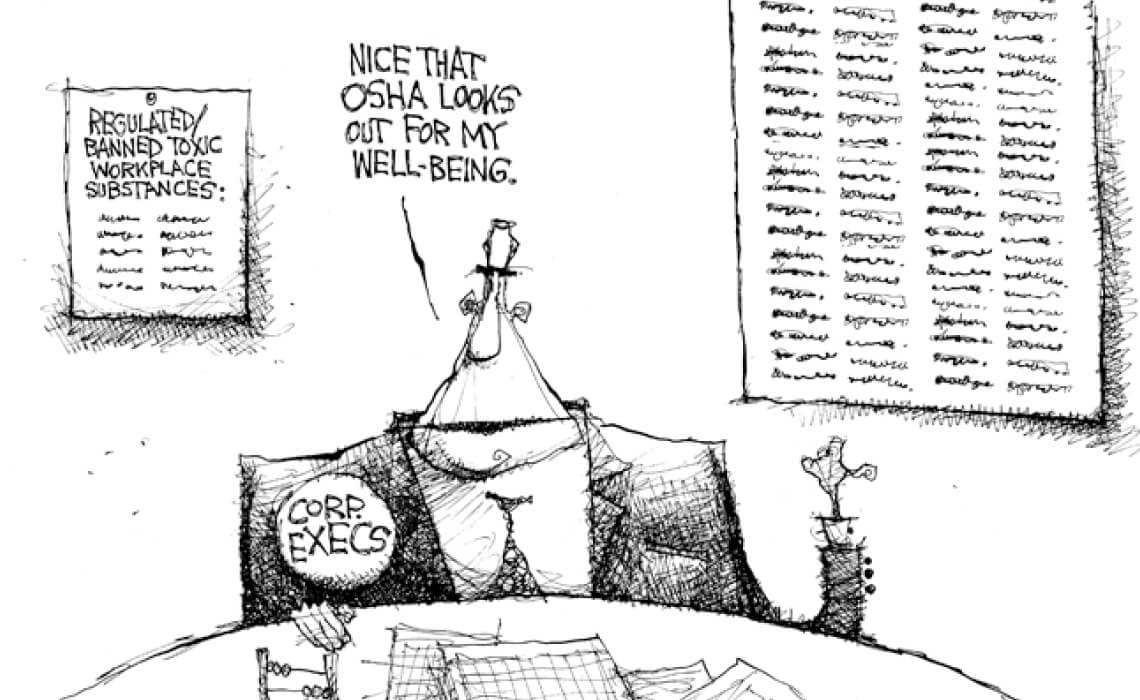Original reporting

States left 'unstimulated' by tax cut deal
One of the striking things about the package is an approach to stimulus that wasn't even part of the talks: aid to strapped states.
Mission shrinking
California once believed in providing a liberal education of the highest quality and at the lowest cost to students. Now, with funding already well below historic highs, some want to to shift to 'workforce building.'
Action against middle school bullying still hampered by myths
View that 'kids will be kids' and thus some bullying is inevitable has yet to be eradicated.
Let business be business
Wisconsin's new governor wants easier path to regulatory approvals for large farms, but has not explained why deregulation wouldn't yield a return to the days of more pollution.
Strategies of civil rights groups lag election results
It's been clear that civil rights progress would become harder in the new Congress, but most civil rights advocacy groups haven't prepared to fight on the state and local level.
Is this any way to run a railroad?
There's a fight looming about how to fund the federal transportation bill. But the U.S. hasn't even resolved a more basic question: what is the next national transportation network for?
Paying the cost for paying the costs
Can mayors make the case that they should not be recalled when they have to raise taxes or fees in order to establish or maintain basic public services?
Priced out of the American dream?
After a major increase in 2007, the cost of immigrating
to the U.S. is once again rising this fall — a consequence of the fact that USCIS, the agency that reviews applications, is funded almost entirely by
user fees.
to the U.S. is once again rising this fall — a consequence of the fact that USCIS, the agency that reviews applications, is funded almost entirely by
user fees.
Integrated effort to fight housing, school barriers?
The Obama Administration is pursuing a new metropolitan agenda. What role do racial and economic integration play in the federal government’s vision?
Preparation for active citizenship not on education agenda
As various education debates rage, schooling in the tools of democracy not part of national discussion.